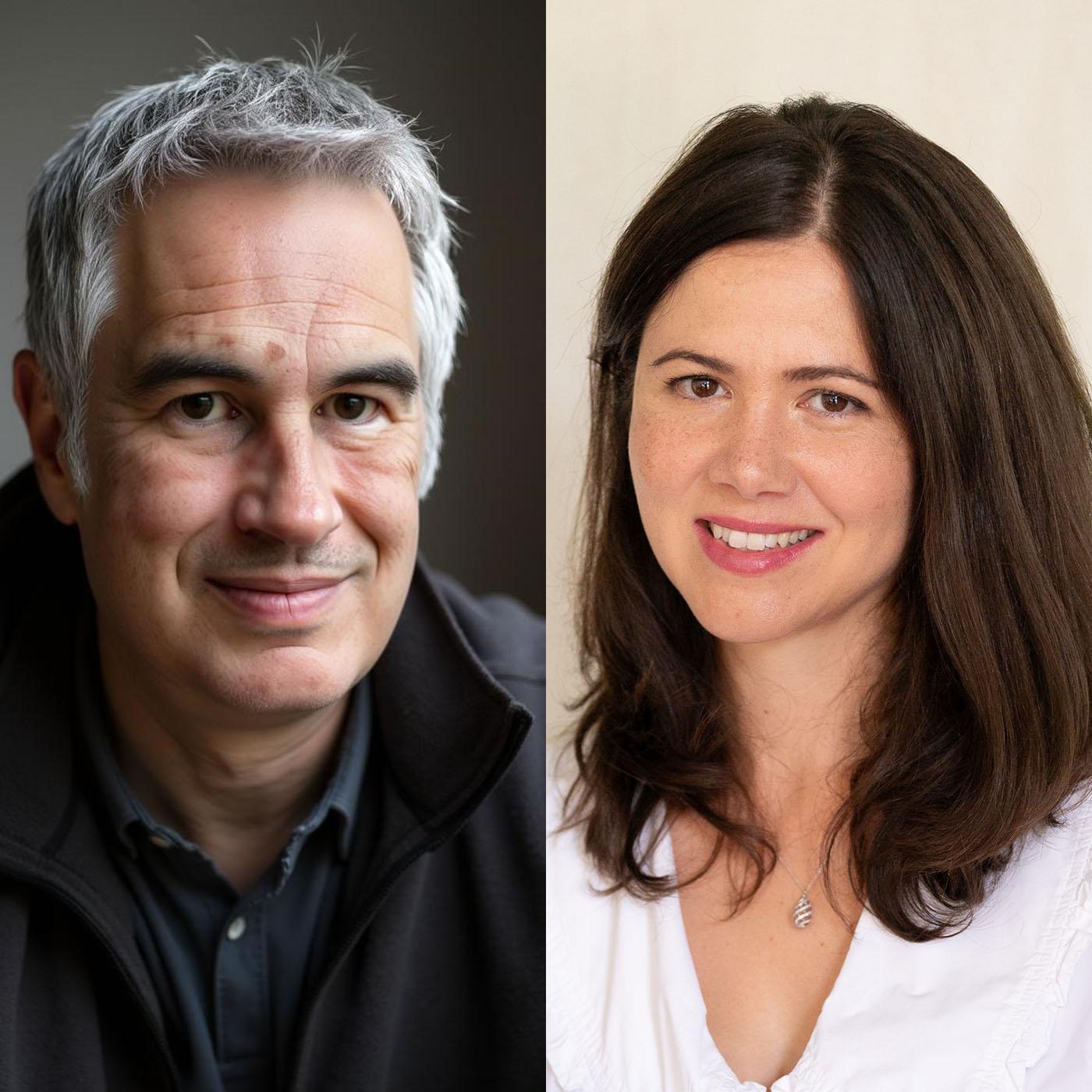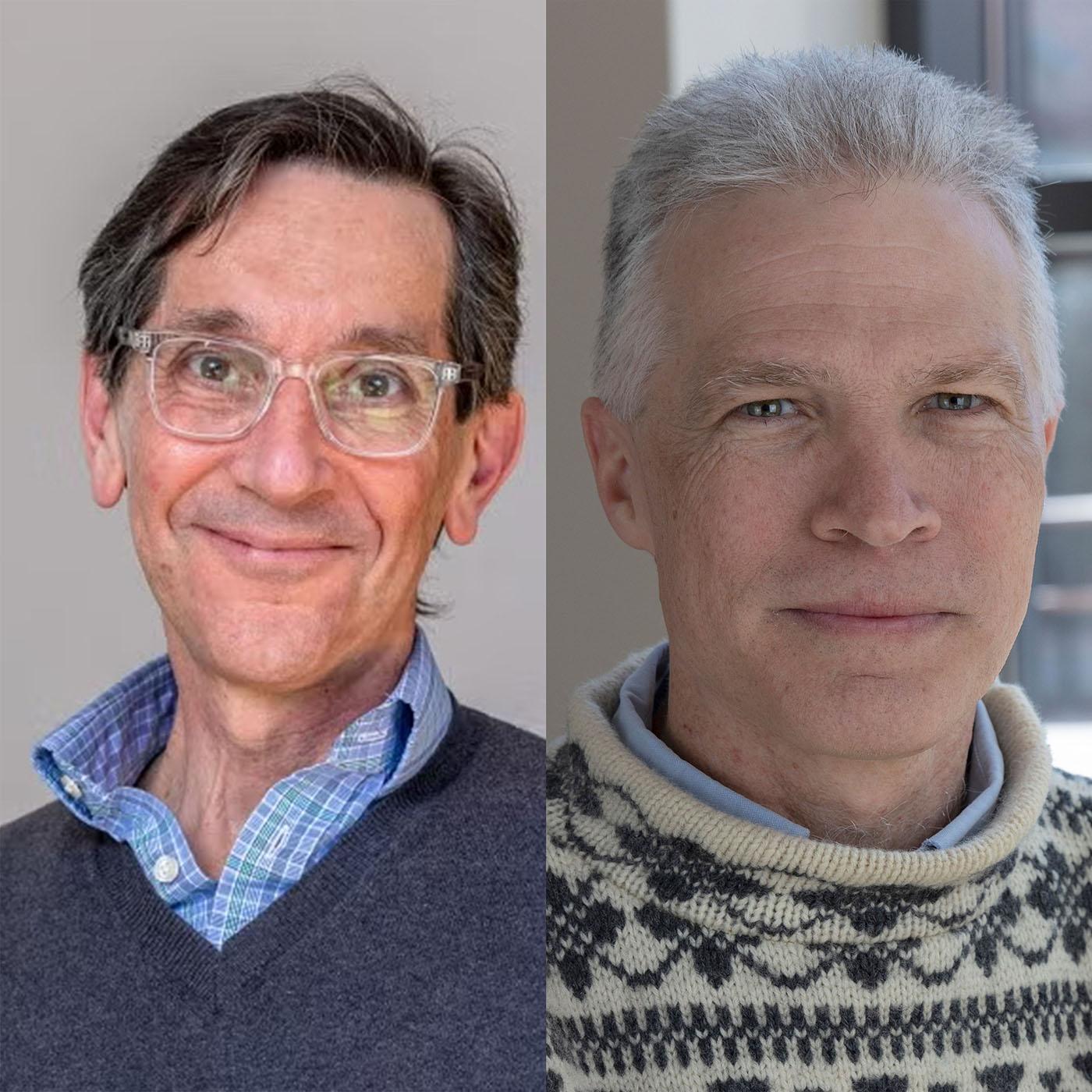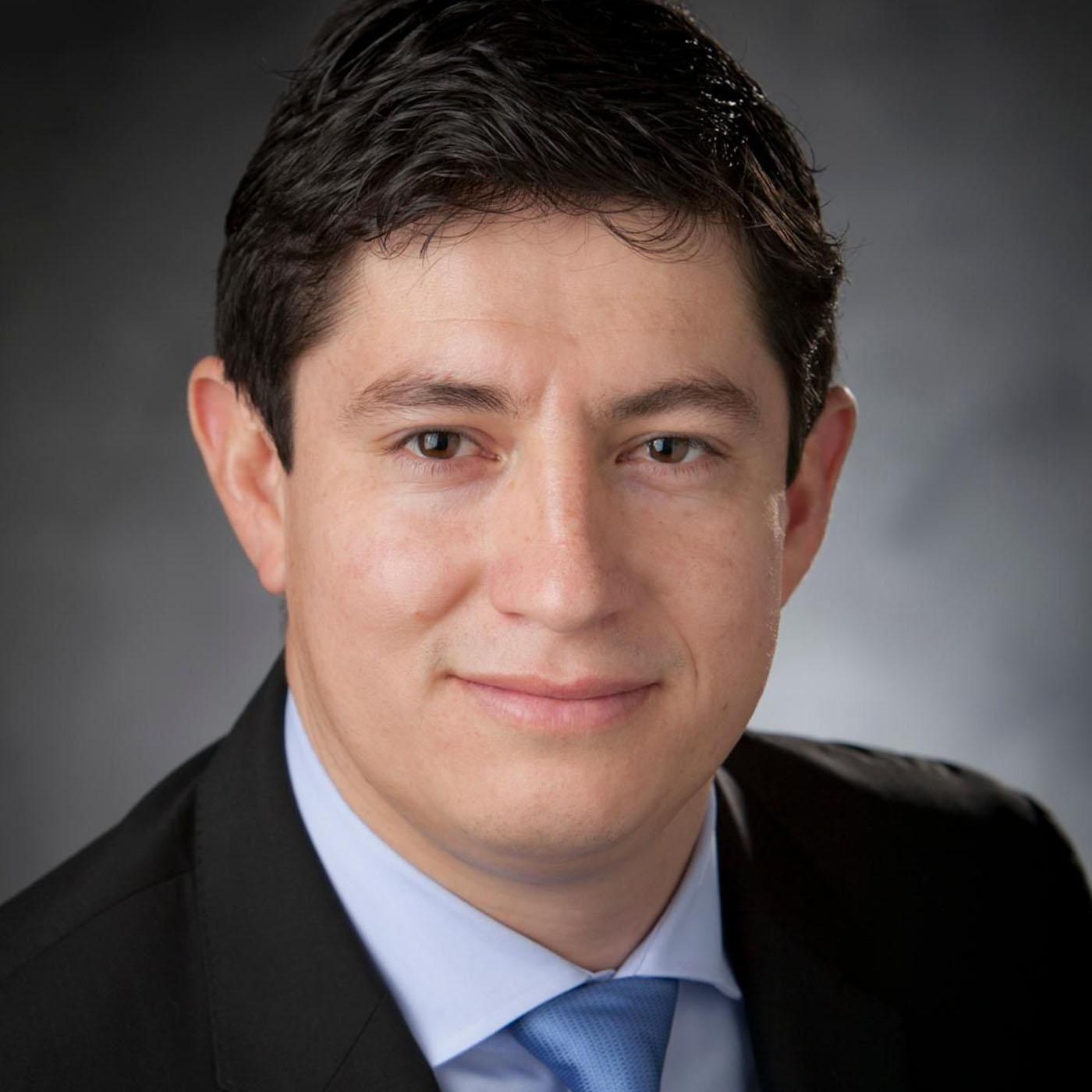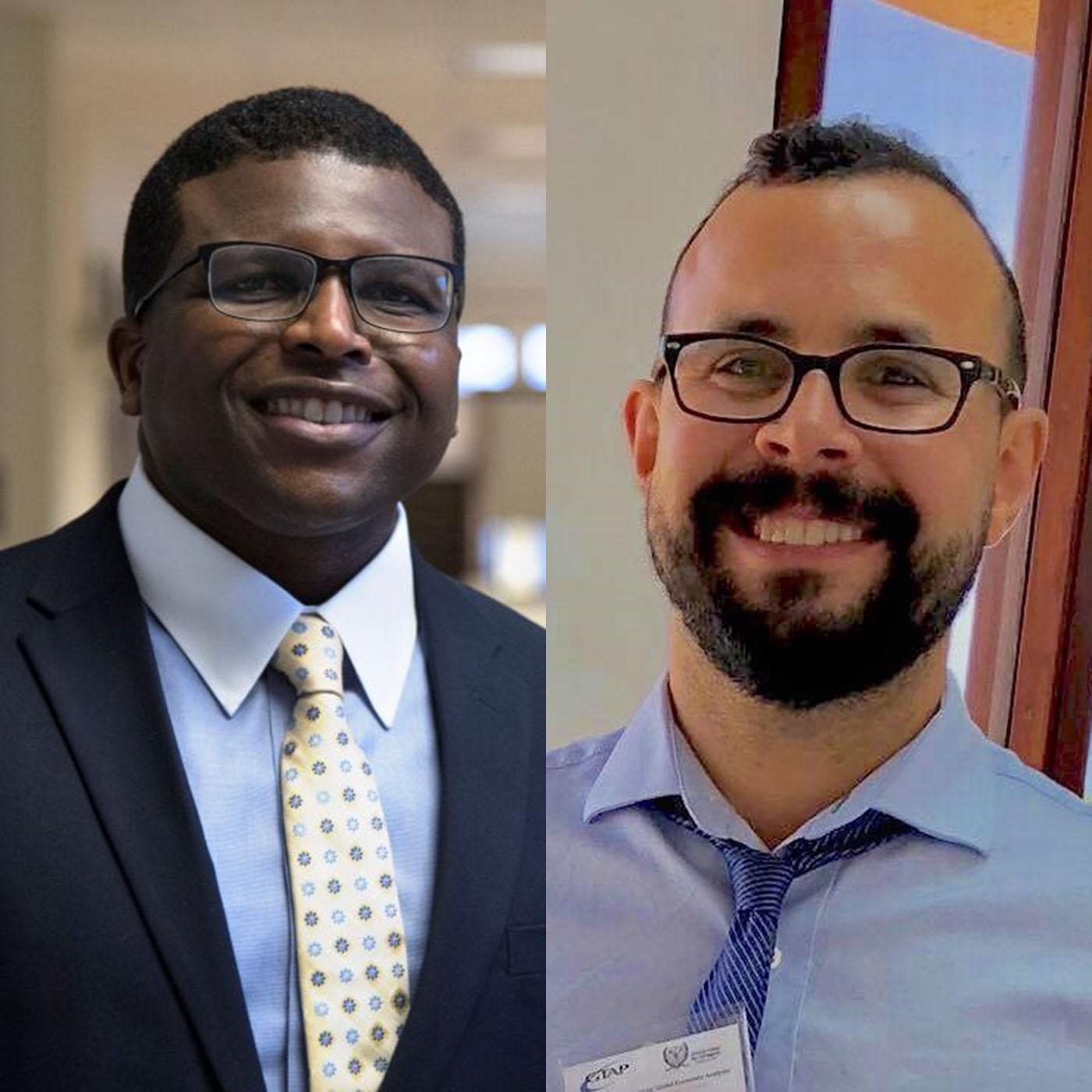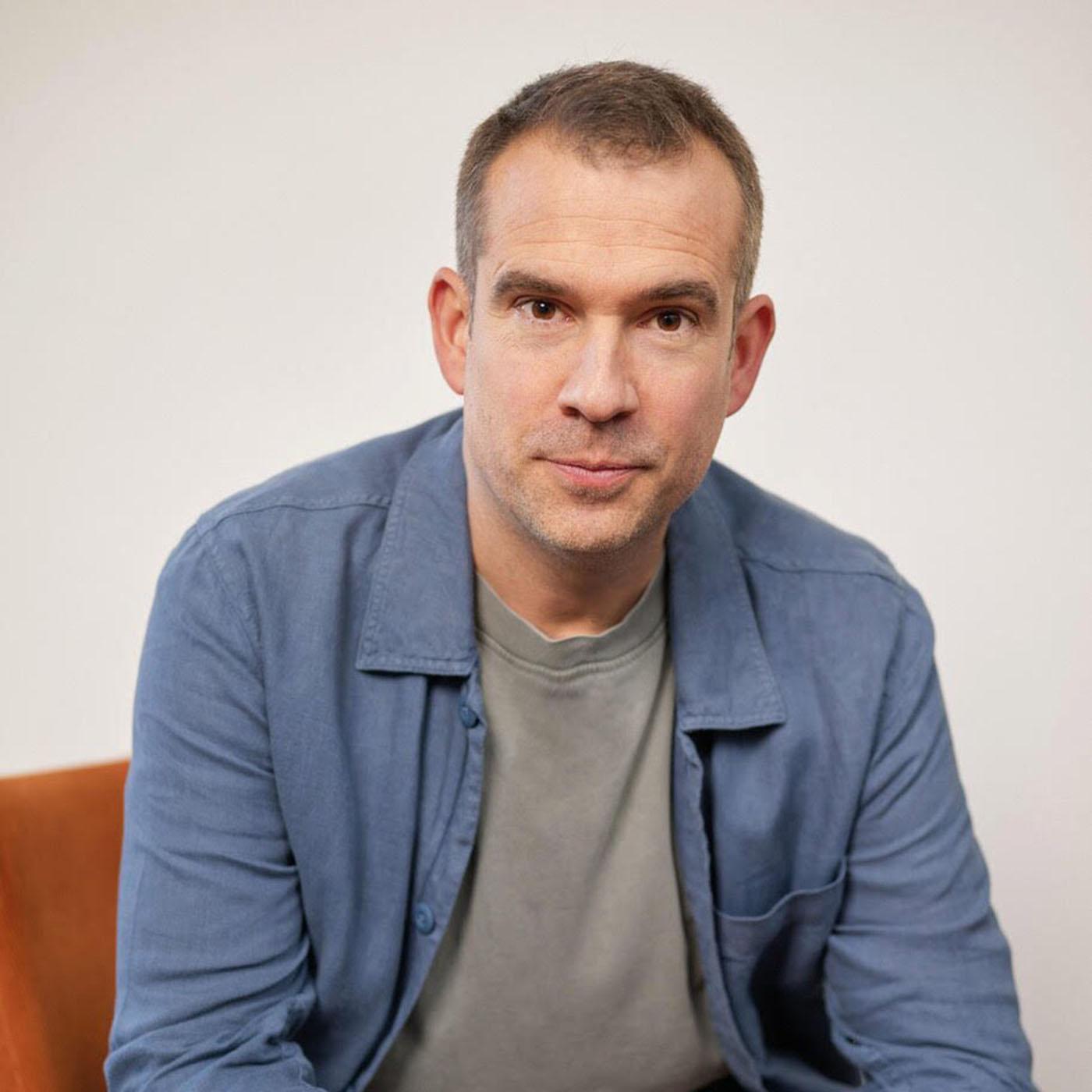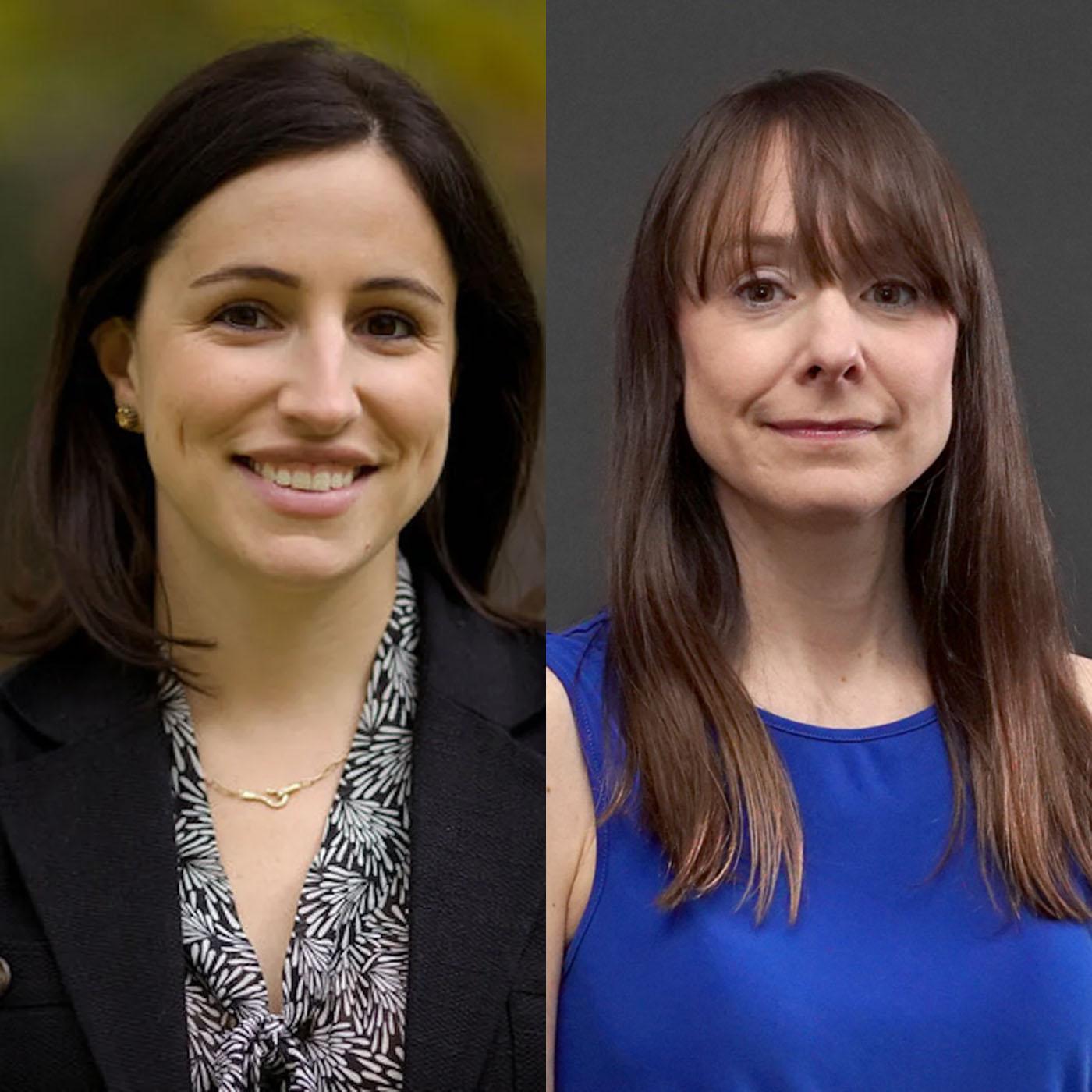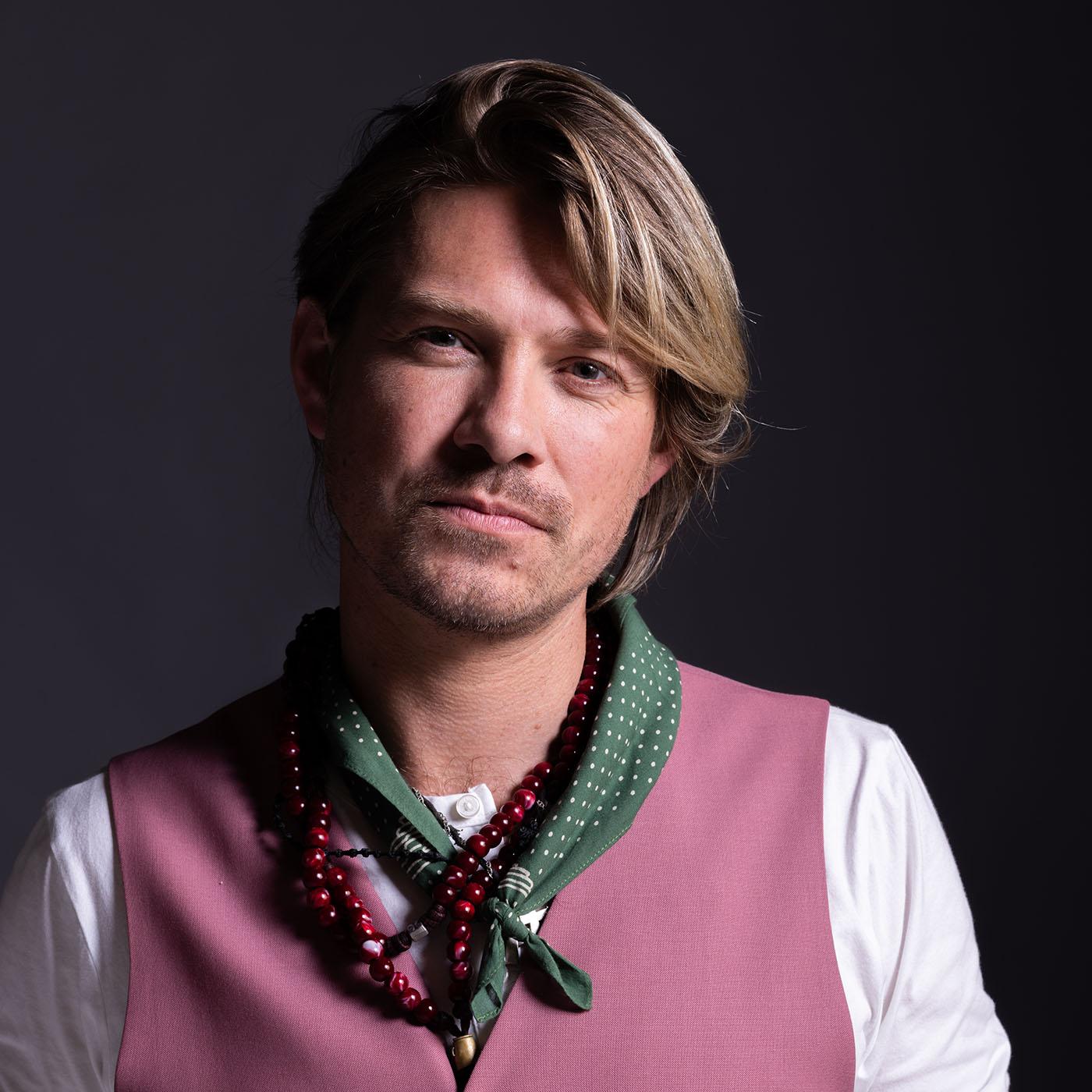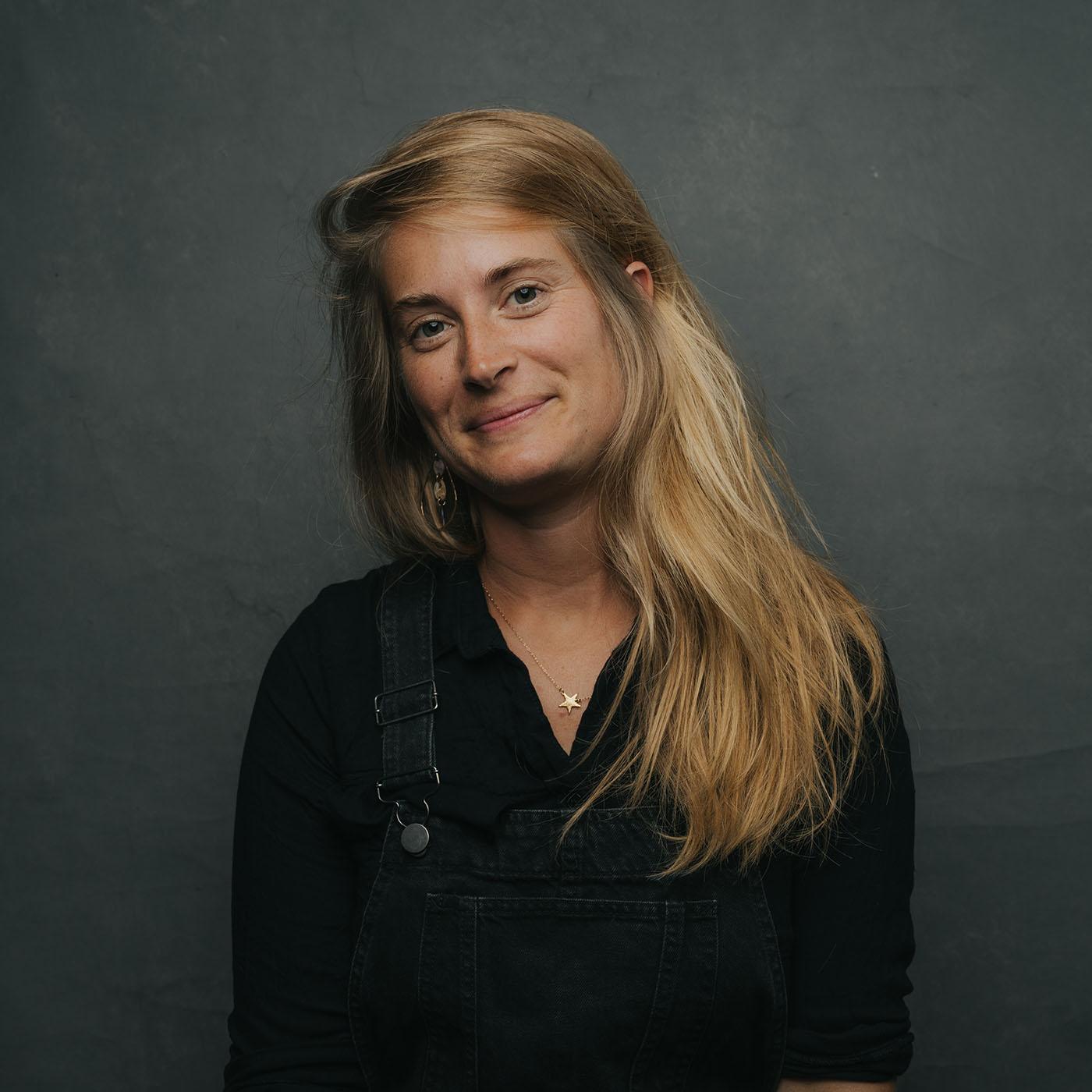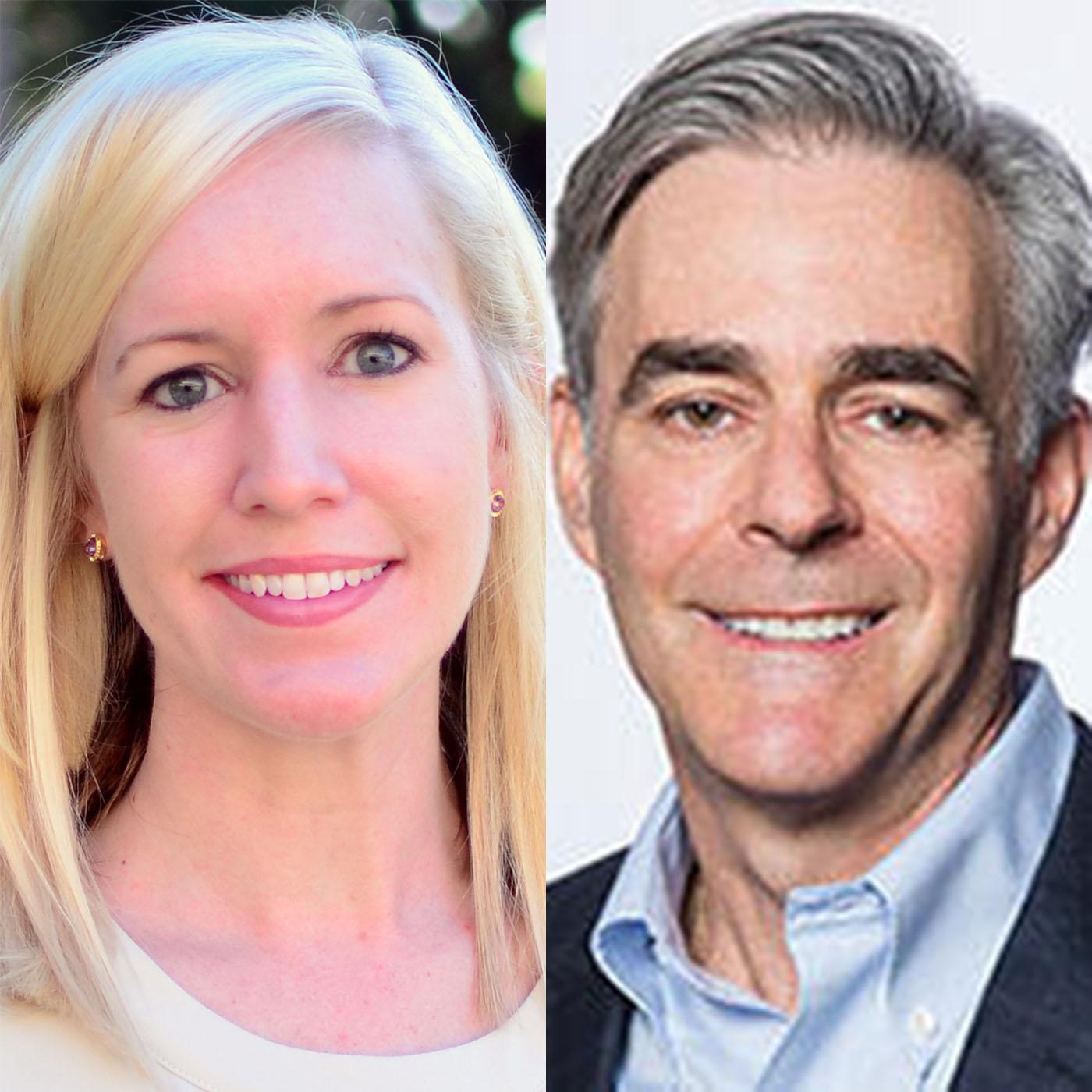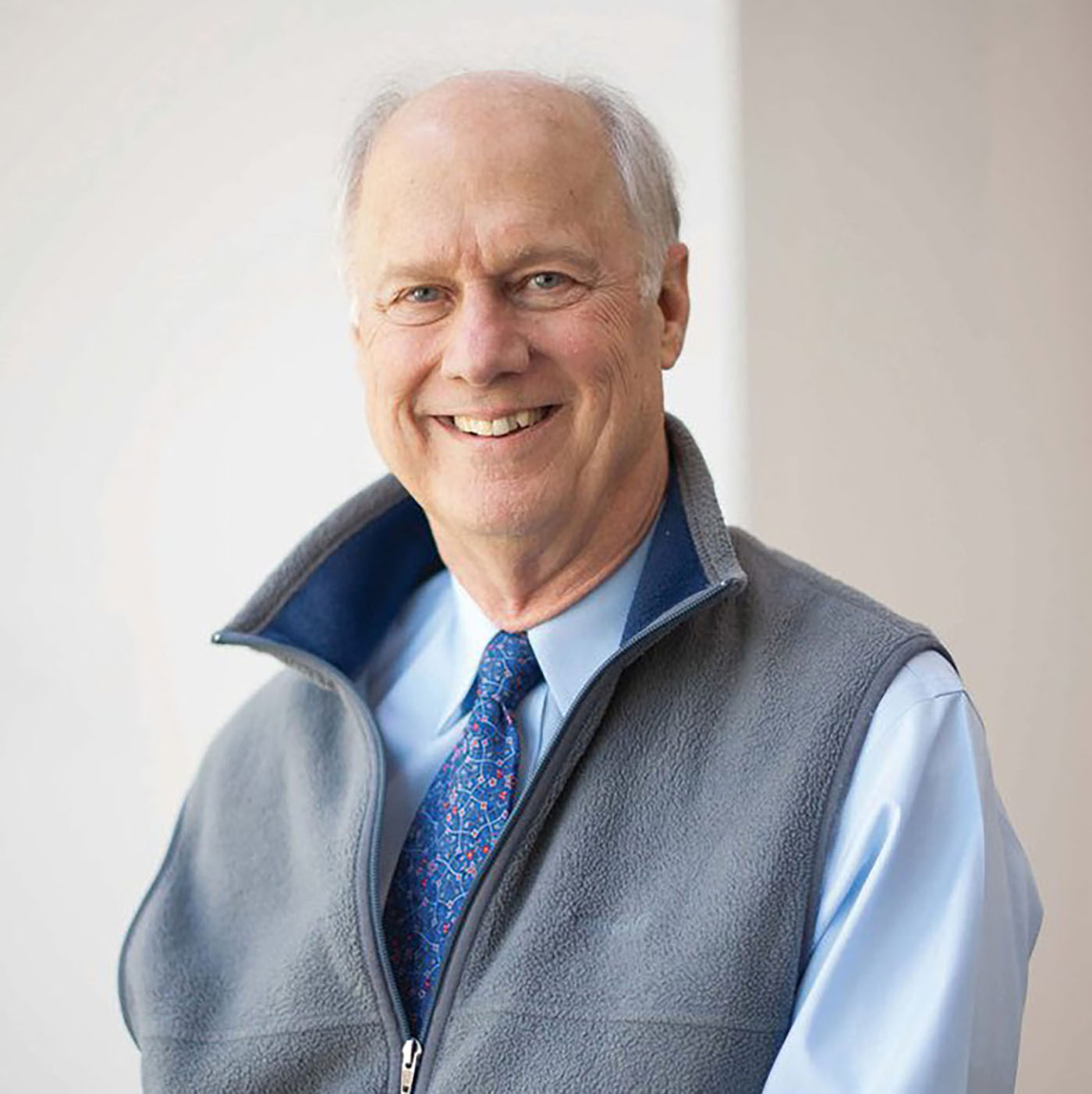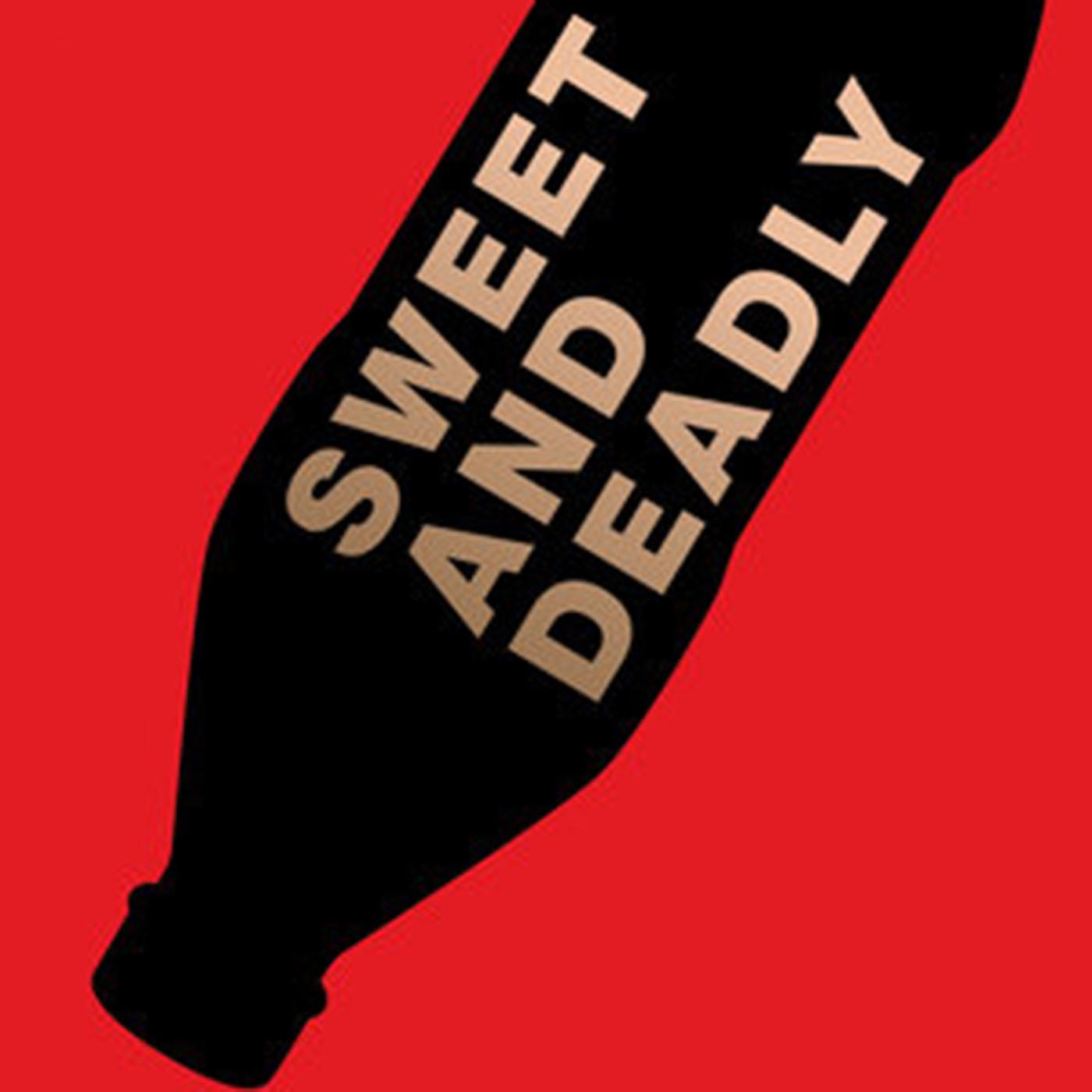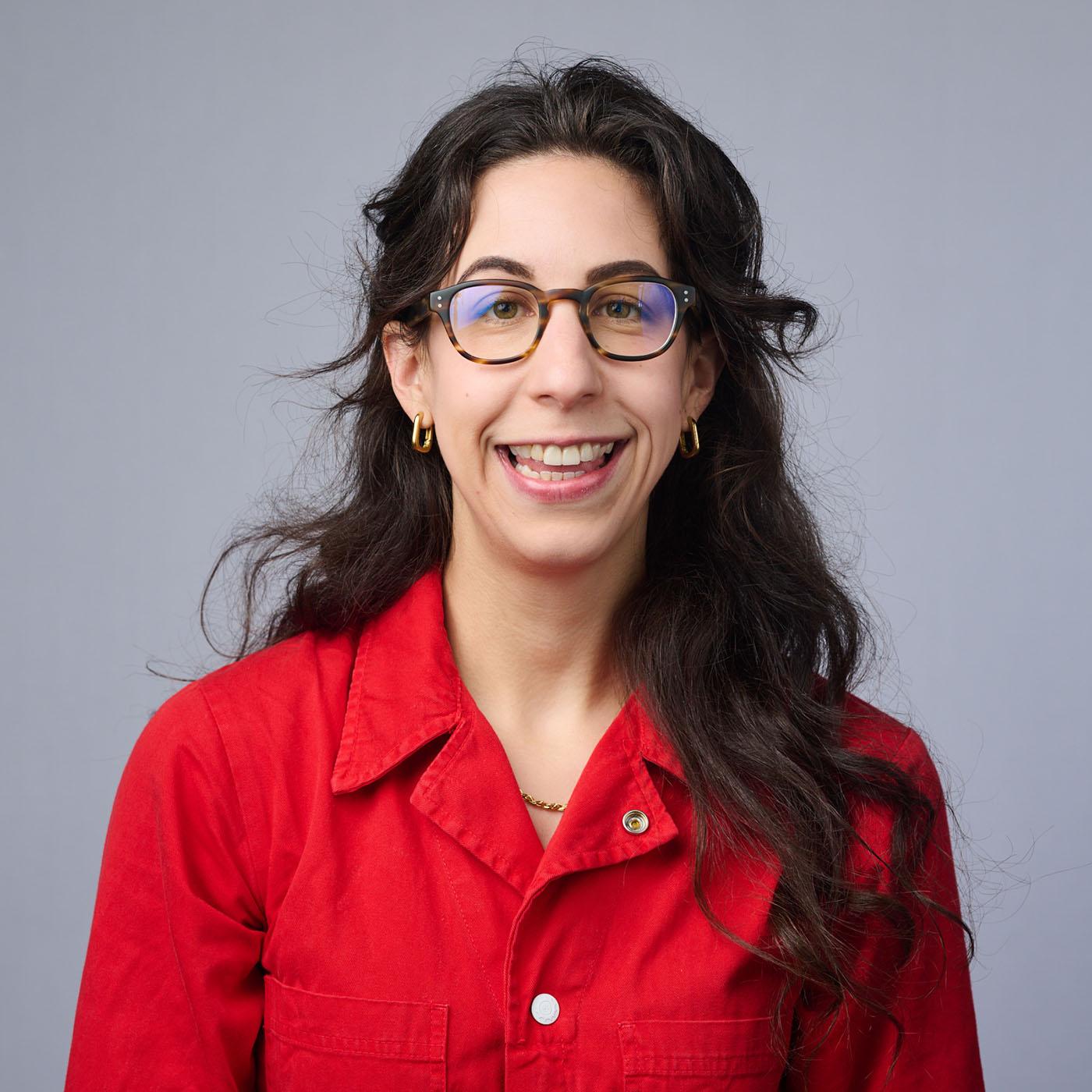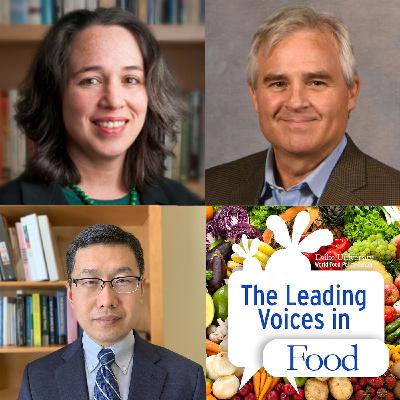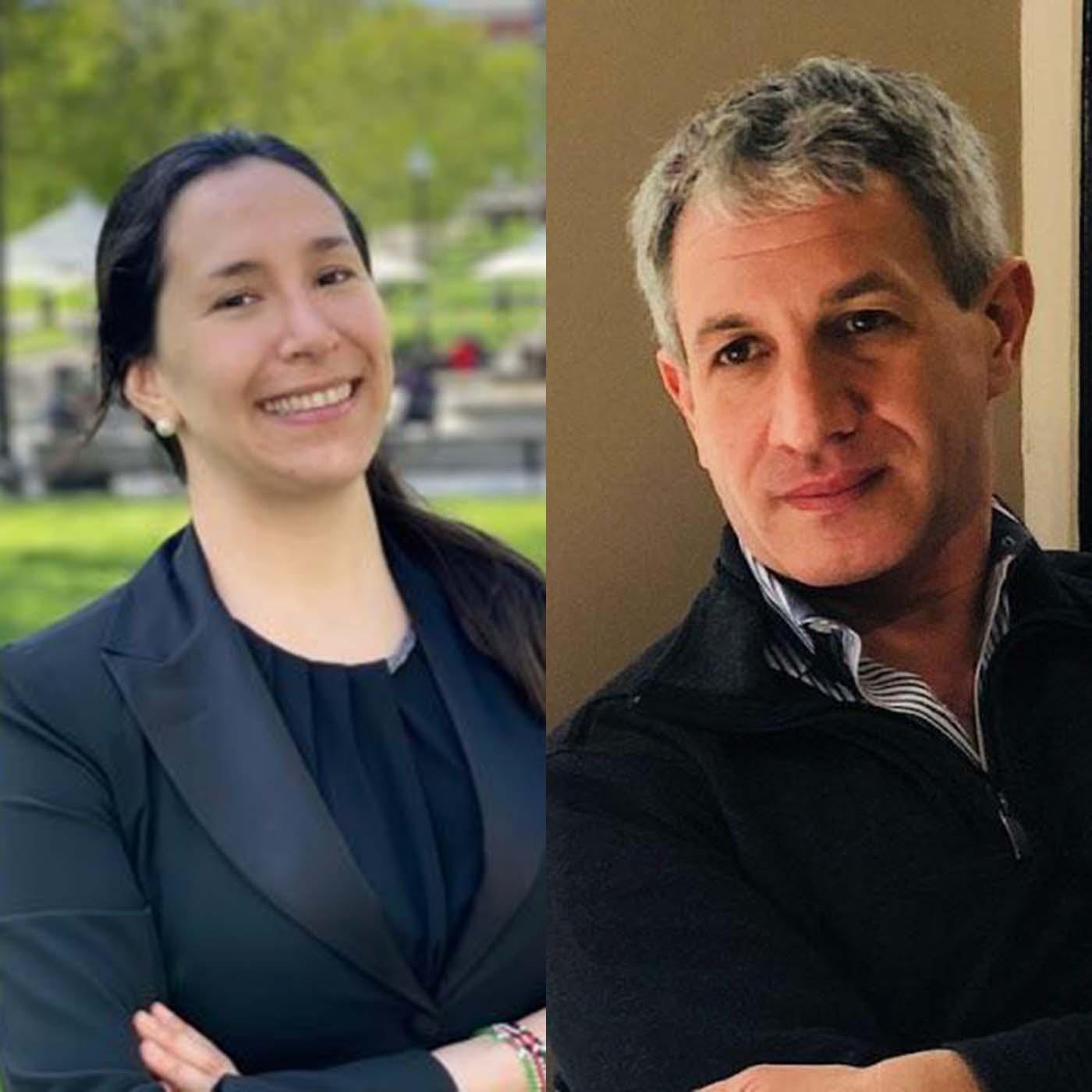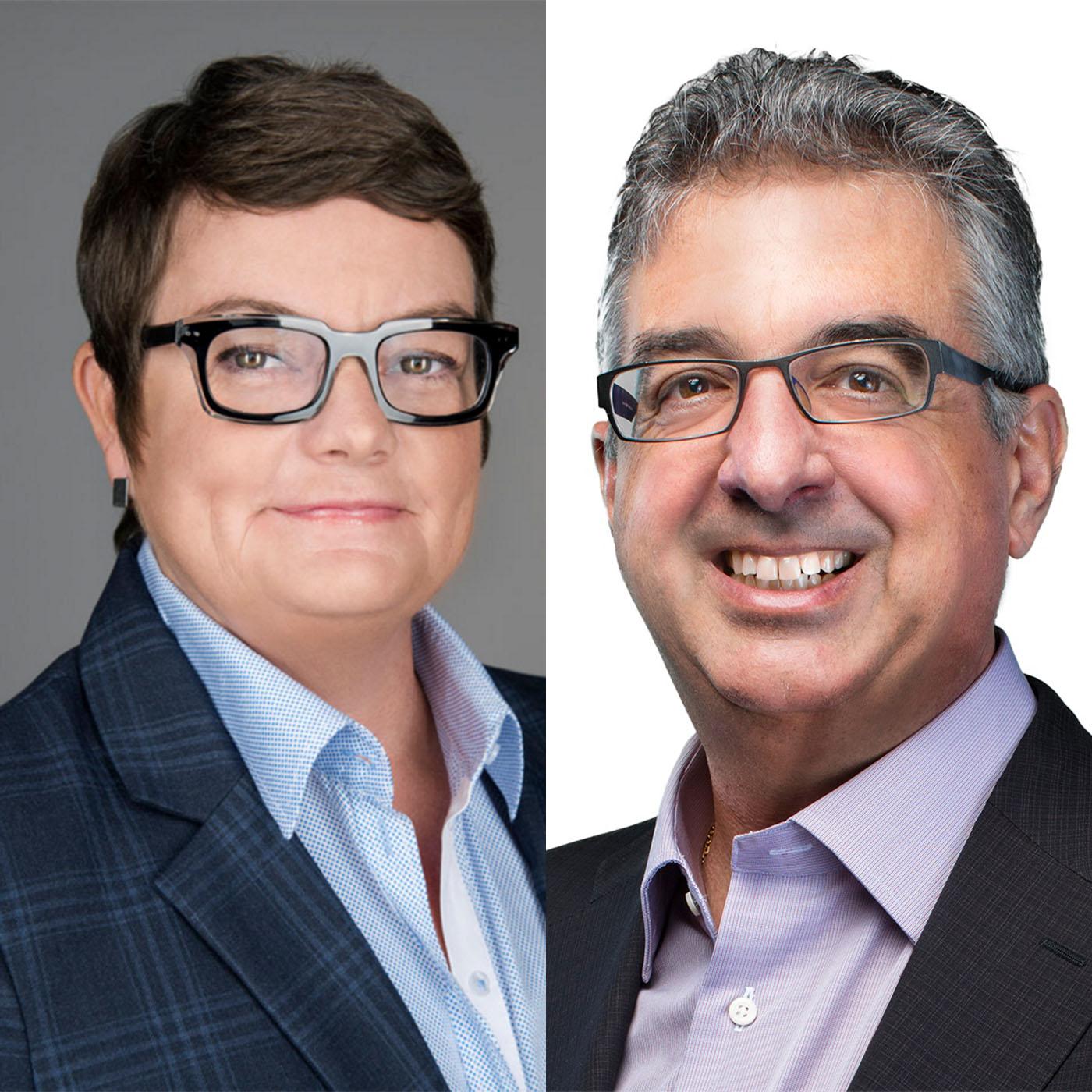E284: The Science of How Food Both Nourishes and Harms Us
Description
An avalanche of information besets us on what to eat. It comes from the news, from influencers of every ilk, from scientists, from government, and of course from the food companies. Super foods? Ultra-processed foods? How does one find a source of trust and make intelligent choices for both us as individuals and for the society as a whole. A new book helps in this quest, a book entitled Food Intelligence: the Science of How Food Both Nourishes and Harms Us. It is written by two highly credible and thoughtful people who join us today.Julia Belluz is a journalist and a contributing opinion writer for the New York Times. She reports on medicine, nutrition, and public health. She's been a Knight Science Journalism Fellow at MIT and holds a master's in science degree from the London School of Economics and Political Science. Dr. Kevin Hall trained as a physicist as best known for pioneering work on nutrition, including research he did as senior investigator and section chief at the National Institutes of Health. His work is highly regarded. He's won awards from the NIH, from the American Society of Nutrition, the Obesity Society and the American Physiological Society.
Interview Transcript
Thank you both very much for being with us. And not only for being with us, but writing such an interesting book. I was really eager to read it and there's a lot in there that people don't usually come across in their normal journeys through the nutrition world. So, Julia, start off if you wouldn't mind telling us what the impetus was for you and Kevin to do this book with everything else that's out there.
Yes, so there's just, I think, an absolute avalanche of information as you say about nutrition and people making claims about how to optimize diet and how best to lose or manage weight. And I think what we both felt was missing from that conversation was a real examination of how do we know what we know and kind of foundational ideas in this space. You hear a lot about how to boost or speed up your metabolism, but people don't know what metabolism is anyway. You hear a lot about how you need to maximize your protein, but what is protein doing in the body and where did that idea come from? And so, we were trying to really pair back. And I think this is where Kevin's physics training was so wonderful. We were trying to look at like what are these fundamental laws and truths. Things that we know about food and nutrition and how it works in us, and what can we tell people about them. And as we kind of went through that journey it very quickly ended up in an argument about the food environment, which I know we're going to get to.
We will. It's really interesting. This idea of how do we know what we know is really fascinating because when you go out there, people kind of tell us what we know. Or at least what they think what we know. But very few people go through that journey of how did we get there. And so people can decide on their own is this a credible form of knowledge that I'm being told to pursue. So Kevin, what do you mean by food intelligence?
Coming from a completely different background in physics where even as we learn about the fundamental laws of physics, it's always in this historical context about how we know what we know and what were the kind of key experiments along the way. And even with that sort of background, I had almost no idea about what happened to food once we ate it inside our bodies. I only got into this field by a happenstance series of events, which is probably too long to talk about this podcast. But to get people to have an appreciation from the basic science about what is going on inside our bodies when we eat. What is food made out of? As best as we can understand at this current time, how does our body deal with. Our food and with that sort of basic knowledge about how we know what we know. How to not be fooled by these various sound bites that we'll hear from social media influencers telling you that everything that you knew about nutrition is wrong. And they've been hiding this one secret from you that's been keeping you sick for so long to basically be able to see through those kinds of claims and have a bedrock of knowledge upon which to kind of evaluate those things. That's what we mean by food intelligence.
It makes sense. Now, I'm assuming that food intelligence is sort of psychological and biological at the same time, isn't it? Because that there's what you're being told and how do you process that information and make wise choices. But there's also an intelligence the body has and how to deal with the food that it's receiving. And that can get fooled too by different things that are coming at it from different types of foods and stuff. We'll get to that in a minute, but it's a very interesting concept you have, and wouldn't it be great if we could all make intelligent choices? Julia, you mentioned the food environment. How would you describe the modern food environment and how does it shape the choices we make?
It's almost embarrassing to have this question coming from you because so much of our understanding and thinking about this idea came from you. So, thank you for your work. I feel like you should be answering this question. But I think one of the big aha moments I had in the book research was talking to a neuroscientist, who said the problem in and of itself isn't like the brownies and the pizza and the chips. It's the ubiquity of them. It's that they're most of what's available, along with other less nutritious ultra-processed foods. They're the most accessible. They're the cheapest. They're kind of heavily marketed. They're in our face and the stuff that we really ought to be eating more of, we all know we ought to be eating more of, the fruits and vegetables, fresh or frozen. The legumes, whole grains. They're the least available. They're the hardest to come by. They're the least accessible. They're the most expensive. And so that I think kind of sums up what it means to live in the modern food environment. The deck is stacked against most of us. The least healthy options are the ones that we're inundated by. And to kind of navigate that, you need a lot of resources, wherewithal, a lot of thought, a lot of time. And I think that's kind of where we came out thinking about it. But if anyone is interested in knowing more, they need to read your book Food Fight, because I think that's a great encapsulation of where we still are basically.
Well, Julie, it's nice of you to say that. You know what you reminded me one time I was on a panel and a speaker asks the audience, how many minutes do you live from a Dunkin Donuts? And people sort of thought about it and nobody was more than about five minutes from a Dunkin Donuts. And if I think about where I live in North Carolina, a typical place to live, I'm assuming in America. And boy, within about five minutes, 10 minutes from my house, there's so many fast-food places. And then if you add to that the gas stations that have foods and the drug store that has foods. Not to mention the supermarkets. It's just a remarkable environment out there. And boy, you have to have kind of iron willpower to not stop and want that food. And then once it hits your body, then all heck breaks loose. It's a crazy, crazy environment, isn't it? Kevin, talk to us, if you will, about when this food environment collides with human biology. And what happens to normal biological processes that tell us how much we should eat, when we should stop, what we should eat, and things like that.
I think that that is one of the newer pieces that we're really just getting a handle on some of the science. It's been observed for long periods of time that if you change a rat's food environment like Tony Sclafani did many, many years ago. That rats aren't trying to maintain their weight. They're not trying to do anything other than eat whatever they feel like. And, he was having a hard time getting rats to fatten up on a high fat diet. And he gave them this so-called supermarket diet or cafeteria diet composed of mainly human foods. And they gained a ton of weight. And I think that pointed to the fact that it's not that these rats lacked willpower or something like that. That they weren't making these conscious choices in the same way that we often think humans are entirely under their conscious control about what we're doing when we make our food choices. And therefore, we criticize people as having weak willpower when they're not able to choose a healthier diet in the face of the food environment. I think the newer piece that we're sort of only beginning to understand is how is it that that food environment and the foods that we eat might be changing this internal symphony of signals that's coming from our guts, from the hormones in our blood, to our brains and the understanding that of food intake. While you might have control over an individual meal and how much

